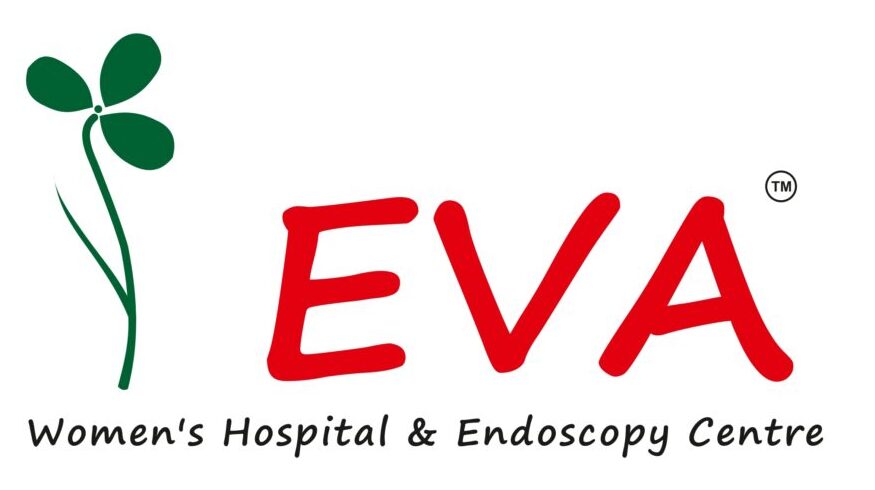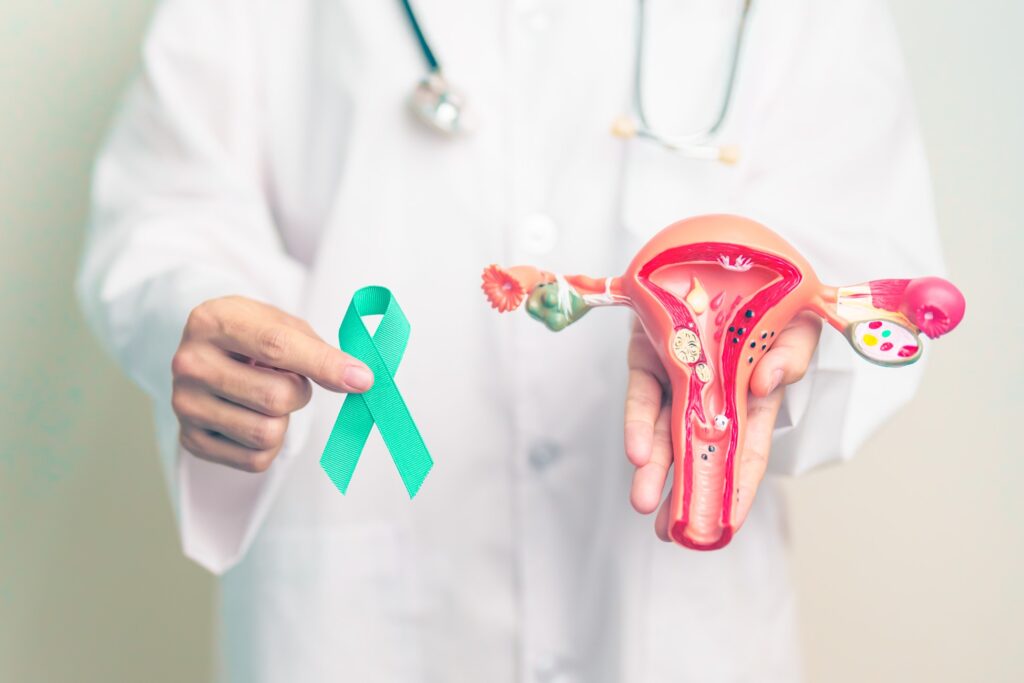Uterine cancer is a significant concern affecting women globally. It primarily arises from the tissues of the uterus and can severely impact women’s health if not addressed timely. For women, especially those in their post-menopausal years, awareness and education about uterine cancer symptoms, risk factors, and detection methods are crucial. Early detection significantly improves the chances of successful treatment and can lead to better uterine cancer prognosis. Educating oneself about this condition can empower women and their families to act quickly if symptoms arise, potentially increasing uterine cancer survival rates. This awareness contributes not only to individual health but also to broader public health benefits, lowering overall cases through timely intervention.
What Is Uterine Cancer?
Uterine cancer primarily affects post-menopausal women, typically over the age of 50. There are two main types:
- Endometrial Cancer: Originating in the lining of the uterus, it’s the most common type.
- Uterine Sarcoma: A rarer form developing in the uterine muscles.
Understanding the difference between endometrial cancer vs uterine cancer is vital. Global uterine cancer statistics indicate that it’s one of the most common gynecological cancers. In the U.S., around 66,000 new cases were expected in 2021, mainly affecting women over 50, emphasizing age as a significant factor. The rise in endometrial cancer cases highlights lifestyle factors and genetic predispositions. Recognizing the prevalence aids in understanding the importance of prevention and early detection.
Identifying the Symptoms and Myths about Uterine Cancer
Common uterine cancer symptoms to watch for include:
- Unusual vaginal bleeding or spotting
- Pelvic pain or pressure
- Abnormal weight loss or fatigue
Despite these symptoms, many myths persist about the disease. Some may downplay bleeding post-menopause as normal, which it’s not. Clarifying these misconceptions helps women know when to seek medical advice. Early symptom recognition often leads to better outcomes, as stages of uterine cancer progress quickly without intervention. Clear symptom recognition and debunking myths are crucial steps towards early uterine cancer diagnosis.
Exploring Uterine Cancer Risk Factors
Several factors heighten the risk of developing uterine cancer:
- Hormonal Imbalances: Estrogen dominance without progesterone increases risks.
- Genetic Factors: A family history of uterine or colorectal cancer heightens likelihood.
- Lifestyle Choices: Obesity and lack of physical activity are significant contributors.
Understanding the difference between endometrial cancer vs uterine cancer also involves knowing specific risks associated with each. Endometrial cancer’s risk increases with prolonged hormone therapies, whereas uterine sarcoma may not correlate as clearly with lifestyle. Emphasizing these factors empowers women to make informed lifestyle choices, potentially lowering their risk.
Heeding the Call for Early Detection and Awareness
Regular gynecological exams are pivotal for early detection. In countries like India, healthcare accessibility challenges exist, underscoring the need for greater uterine cancer awareness. Effective detection methods include:
- Transvaginal Ultrasound: Provides imagery for any abnormalities.
- Endometrial Biopsy: Involves taking a tissue sample for cancer cell examination.
Both tests are minimally invasive but yield crucial insights into uterine health. Awareness ensures women are mindful of menstrual changes post-menopause. Governments and health organizations must amplify campaigns on uterine cancer awareness, urging women not to overlook potential symptoms. Awareness and regular health checks can lead to early detection, improving uterine cancer survival rates.
Support Systems and Preventive Measures
Lifestyle changes significantly contribute to reducing uterine cancer risk factors. Consider the following preventive measures:
- Maintain a Healthy Weight: Regular exercise and a balanced diet help manage weight, reducing risks.
- Mind Hormonal Therapies: Careful use or avoidance of hormone replacement therapies.
- Regular Health Checks: Don’t skip annual gynecological visits.
For those diagnosed, support is vital. In India, support groups provide emotional backing and knowledge for dealing with uterine cancer treatment. Drawing parallels with broader women’s health issues emphasizes the importance of a holistic approach. Women’s health must include mental, emotional, and physical well-being, ensuring a healthier population and potentially reducing the incidence of women’s cancers, including uterine cancer.
Efforts in education, awareness, and accessible healthcare promise hope. By understanding uterine cancer and its impacts, taking preventive steps, and using available support, women can better manage their health, enhancing both quality and longevity of life.
Take charge of your health with Eva Women’s Hospital. Early detection of uterine cancer can save lives. Our specialized gynecological team offers comprehensive screenings, advanced diagnostics, and personalized care to support you at every step. Don’t ignore warning signs—schedule your consultation today for expert guidance and a proactive approach to women’s health.
Visit Eva Women’s Hospital and empower yourself with knowledge and care.

